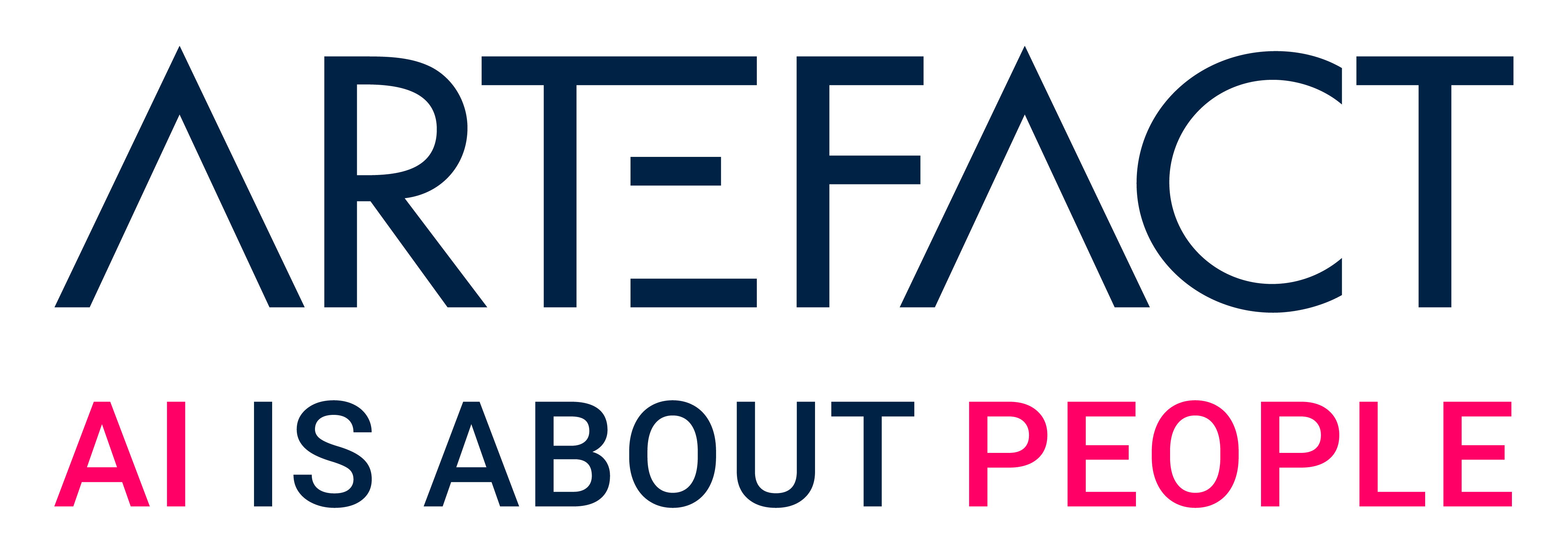Key learnings from the opening keynote by Christophe Périllat, CEO of Valeo, at the Adopt AI Summit by Artefact - June 5, 2024
About Christophe Périllat: CEO of Valeo since January 2022, Christophe joined the company in 2000. His leadership is seen as a continuation of Valeo’s strategic focus on driving assistance systems and electrification, positioning the company at the forefront of the automotive industry’s ongoing revolutions in mobility.
About Valeo: Valeo is a technology firm partnering with automakers and mobility innovators, focusing on designing smart mobility solutions aimed at intuitive driving and CO2 emission reduction. The company has reported €22 billion in 2023 sales and employs 112,700 people across 29 countries.
Driving is the most difficult task for a human brain
Especially for its sensors which are our ears and our eyes. Valeo, a world leader in driving assistance and automation, is equipped with the industry’s best sensors, including cameras, radars, and imaging radars. These sensors provide a comprehensive 360° view aiming for safe driving automation. Valeo is working on zero accidents, injuries, and deaths policy, and this vision is achievable only through extensive use of AI.
Automating driving safely using AI
Valeo’s ultimate goal is safe driving automation. AI’s introduction 12 years ago revolutionized Valeo’s approach, transitioning from deterministic to probabilistic systems. Initial AI applications included intelligent rear-view cameras, which evolved to features like automatic emergency braking, parking, and adaptive cruise control, constituting level two of autonomous cars. The driver keeps responsibility for driving and gets a lot of assistance from the car.
Delegating driving to the car (level 3 of autonomous car)
Delegating driving to the car (level 3 of autonomous car), with the driver no longer in charge. Valeo developed LiDAR sensors, crucial for detecting and interpreting complex scenarios, enabling safer autonomous driving. It basically sees, detects, classifies, and interprets what even a radar or a camera or an eye will not be able to detect.
“Tomorrow there will not be a vehicle on the road without embedded AI in its software, not a single vehicle designed or manufactured without AI.”Christophe Périllat, CEO of Valeo
AI Research and industrial applications
Valeo established 8 years ago, a key research center, Valeo AI, with 200 experts working on AI applications in perception, software development, and validation. AI enhances industrial processes, such as quality control and parameter optimization, leading to significant reductions in defects and rejections. AI applications extend to Valeo’s 175 factories, improving image control and process quality.
Enterprise wide AI Integration
The company has launched an “AI for All” programme to democratise the use of AI across all departments. This initiative resulted in a hackathon organised by Artefact that generated 600 practical and actionable AI ideas for different departments across the company, from logistics to quality control. Valeo’s AI initiatives extend beyond automotive applications and result in significant improvements in production quality and efficiency.
Managing AI’s increasing energy demands for data and computing power
The demand for energy is going to increase significantly and, Valeo moves towards “Net Zero” and has a challenge to meet, a challenge through more efficient hardware and software. Valeo has expertise in cooling technology for automotive applications extends to data centers, and aims to address energy challenges.
The future of automotive technology is extremely deeply linked to AI
All future vehicles will integrate AI in their software or in their design and manufacturing processes. Valeo aims to lead in AI-driven automotive innovation for greener, safer, and smarter mobility.
Visit adoptai.artefact.com

 BLOG
BLOG



